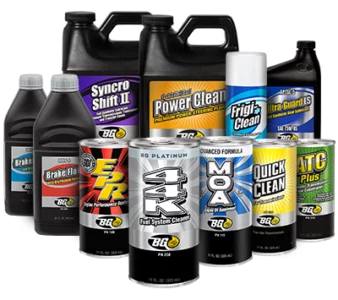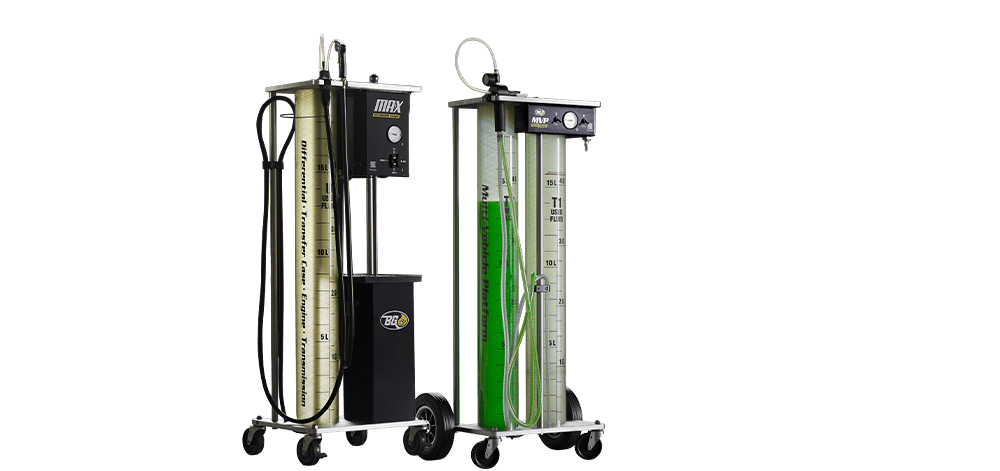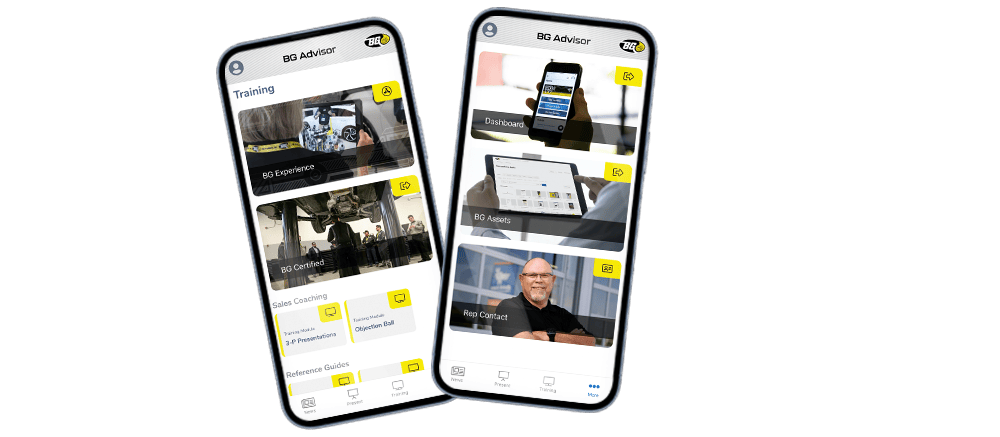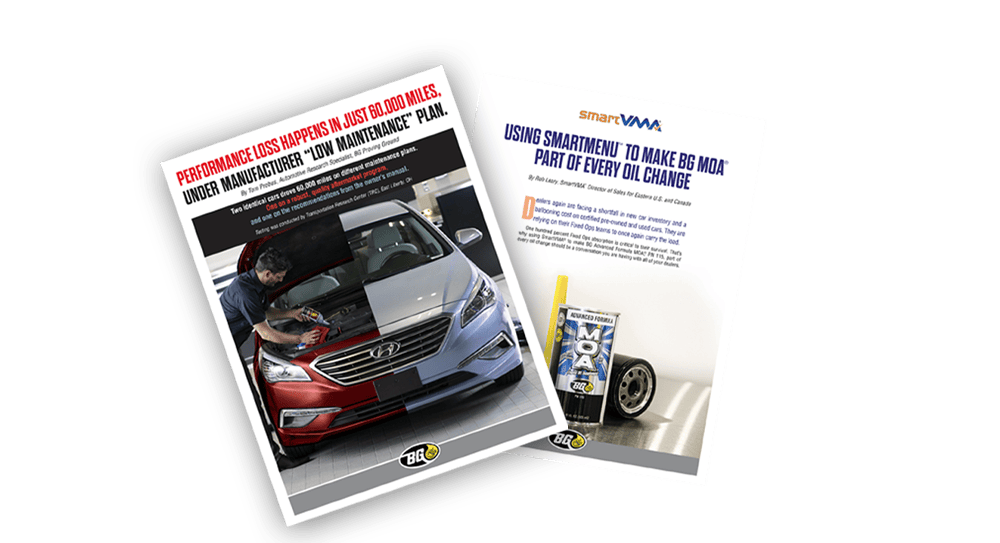Read time: 4.5 minutes
I have been fascinated with cars and airplanes and learning how they work from a young age. This interest led to building engines and, eventually, to building strong working relationships centered on maintenance and repair.
When working with shops and dealerships, the goal is to become a valued and trusted business advisor. Strive to be the expert who provides unsurpassed products, cutting edge technical data, and up-to-date training to ensure lifetime customers. These loyal customers will become catalysts for dynamic growth.
Here are 10 steps for building strong working relationships:
1. Be extremely organized!
- Where you are traveling and the commute time
- How many stops and how far apart they are
- The names and job titles of those to whom you will be speaking
- The information you’ll be presenting
2. Use everyone's time responsibly.
Time is money, right? In truth, time is so much more precious than that. Ever found cash on the sidewalk? Sure. Ever found a spare minute on the sidewalk? Nope. When you make the first appointment, it’s critical that meeting is set with people who can make decisions and approve contracts. If this happens, everyone in the room knows their time is being put to the best use. Always be on time and always be respectful of everyone’s time, including your own.
3. Speak their language.
Leaders in this industry often started where I did, physically working on automobiles. The industry is filled with people who learn best with a hands-on approach and who need to see things to fully understand them. When possible, use visual demonstrations to show the effectiveness of products and services. And, allow active participation. In doing so, you will increase understanding and build great connections on the sales floor and in the field.
4. Discover "pain points."
Automotive technology is a rapidly-changing field. Issues crop up that seem to have no answer or, even worse, seem easily fixed only to fall apart later. I often ask, “What are the challenges that make your techs throw their hands up in the air? What can be done to prevent engine failures or engine damage in the field?” Discover their challenges and figure out what will help.
5. Be patient and persistent.
Good relationships take time to cultivate. You can’t reap what you do not sow. Maintain a constant presence and a consistent value. If you keep a predictable schedule, you will be anticipated and therefore not considered an intrusion. This will be beneficial in structuring meetings and trainings as well. Awareness of these appointments parlays easily into dialogue.
6. Remember the 80/20 rule.
80% of your business comes from 20% of your customers. Structure your day so that you devote time to important matters. Make sure your elite customers know you value them. Don’t allow 20% of your customers to take 80% of your time. Set upfront parameters for meetings by saying things like, “I only have 20 minutes to spend on this today, but we can always schedule more time where training is needed.”
7. Keep learning. Keep teaching.
You never really know something until you have to teach it to someone else. Learn all you can about the products and services you sell so you can accurately educate your customers. Know what’s changing at your company. Keep your customers updated on these changes and any need for further training. Your customers will appreciate advance notice when changes need to be implemented. This will also help ensure that necessary training is completed in a timely manner. Your education and support are critical to customers.
8. Know your customers.
This industry is constantly evolving and your customers’ needs will grow and change. You need to anticipate and adapt. When you have a little downtime, research the changes in your customers’ businesses. It will show that you value them and have a vested interest in their businesses. This knowledge will help you better serve them moving forward. Never stop learning, growing, and adapting. This will ensure your customers don’t outgrow your usefulness.
9. Keep selling.
Fulfillment doesn’t stop when you hand over the invoice. Finalizing the order is just the beginning. Techs, advisors, and managers will need information and support to get products in front of the public and into service bays. Continue to work with customers to streamline point-of-sale aids such as menus and word tracks. Ensure proper training on services and programs.
10. Grow!
Continuously offer the newest and best products, services, and training to your existing customers. Don’t be content to sell only one item or one service. You have more value and so do your customers. Ask happy customers for referrals. Ask them who they know that would benefit from your services. Ask for names and introductions.
Building and maintaining business relationships is crucial! Implement the above tips and watch your relationships flourish.

Dale Smith
BG Field Trainer and BGU Instructor
With 30 years in automotive repair and maintenance, Dale brings a breadth of experience as a BGU Instructor and Corporate Field Trainer, equipping sales reps and dealerships with skills to effectively make the most of their time and grow healthy relationships with their customers.






